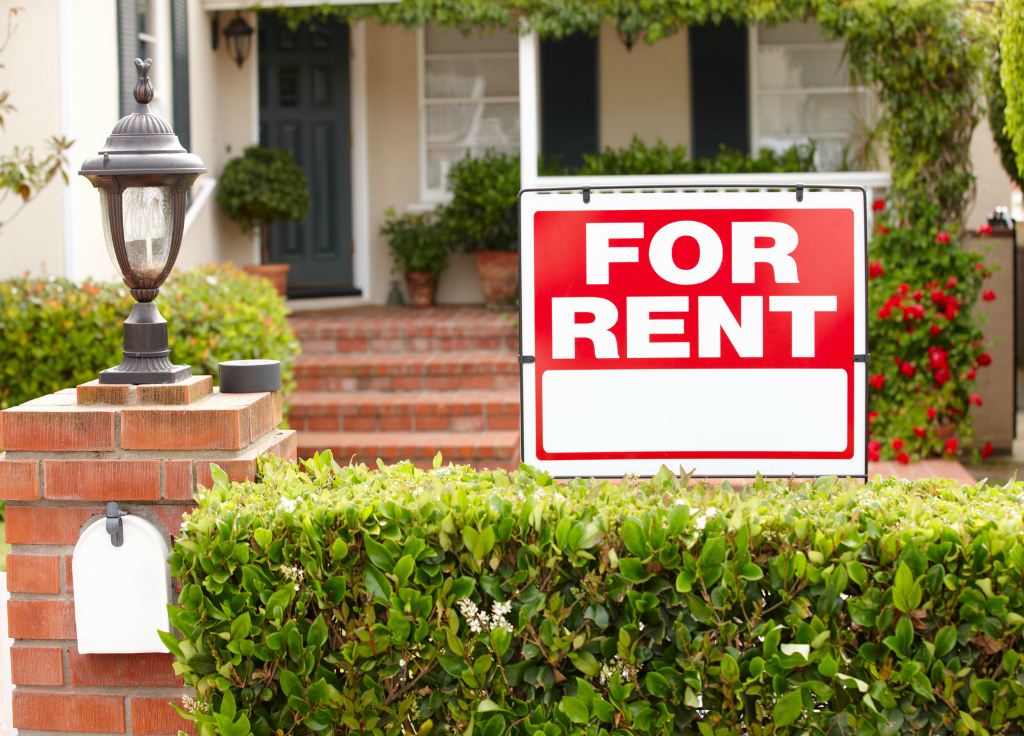Look, landlording is hard work. Amid rent collection, tenant screenings, maintenance orders, and legalities — slip-ups and mishaps are bound to happen. No one is perfect. But things can get real dicey when landlords thinks certain actions are fine — but are actually illegal in California.
Are You Breaking the Law?
If you’re new to the rental property game, here are 5 things you may be doing that break the law — and could be putting your rental investment in jeopardy.
- Dropping in unannounced. Tenants have the right to privacy. If a landlord needs to come by for routine inspections, maintenance, or repairs, they must usually offer at least 24-hours notice. A landlord must also seek a tenant’s consent to enter because they’ve surrendered possession of the premises over to the renter upon signing the rental agreement. If a tenant happens to be home, they may waive their right to get advance notice, but property managers should not just use their keys to stop by at any time and without prior warning.
- Asking for certain personal information during the application process. Landlords can qualify tenants based upon their income, credit history, and job status — but they aren’t allowed to ask about personal matters. For instance, it’s not legal to fish for information about religion or place of origin, even in personal conversations.
- Increasing the rent unannounced in the middle of the lease. A landlord must give the tenant at least 30 days’ advance notice if the rent increase is 10 percent (or less) of the rent charged at any time during the 12 months before the rent increase takes effect. A landlord must give 60 days’ advance notice if the rent increase is greater than 10 percent.
- Evicting renters because of a sale: Property owners usually reserve the right to sell a property whenever they choose. However, this sales transaction can’t violate the tenant’s lease. Sellers have to make the sure the new owners will keep tenants in place until their lease ends or find some way to buy the tenants out of their lease.
- Charging too much for a rental deposit: In California, landlords can charge a maximum of two months’ rent for a security deposit.
Stay Safe With a Property Management Company
Good landlord practices are a crucial element of a rental business. Not only does compliance protect renters, it also protects managers and owners against expensive penalties, potential liability, and a bad reputation. If you feel unsure about how you’re handling your landlord responsibilities, consider hiring a property management company.
APG Properties is a well-established Southern California property management company that is committed to full-service resident management. No matter the size of your property, APG Properties takes the burden of landlording off owners by offering:
- Thorough Background Checks
- Extensive Tenant Screening
- On-Time ACH Owner Distributions
- Quick Response to Maintenance
Contact us today to find out how we can help you maximize your rental income.



